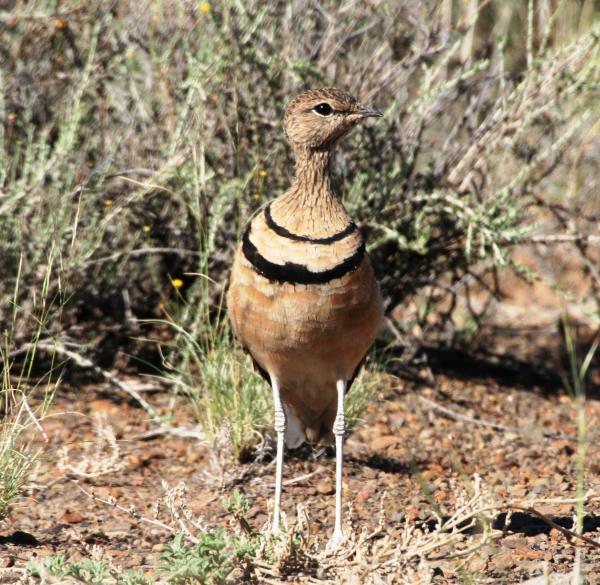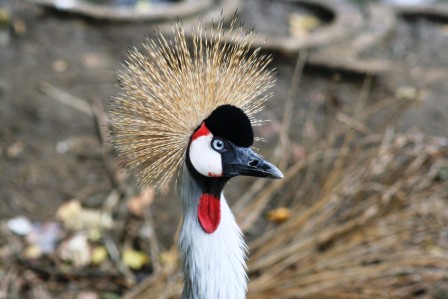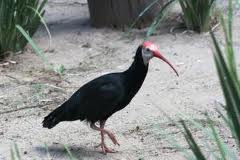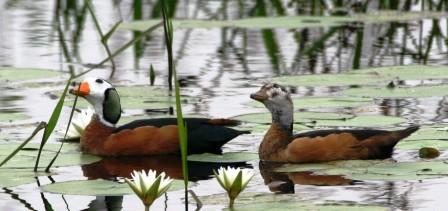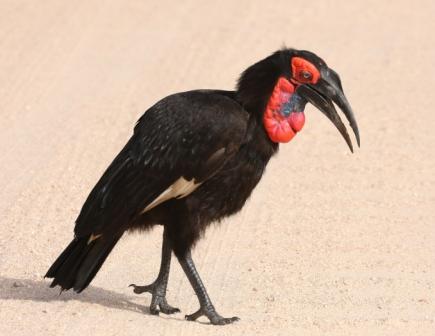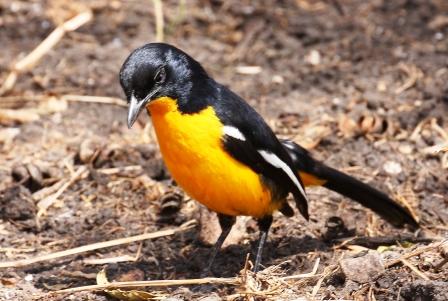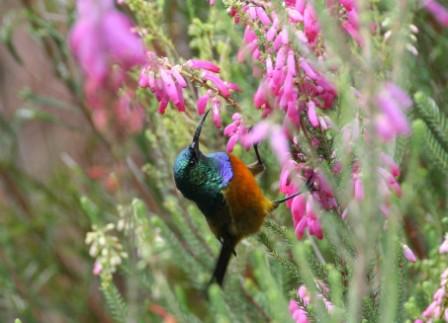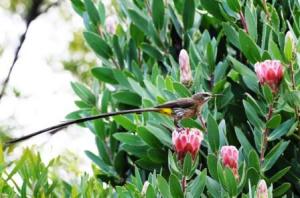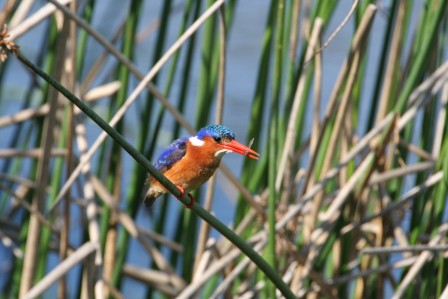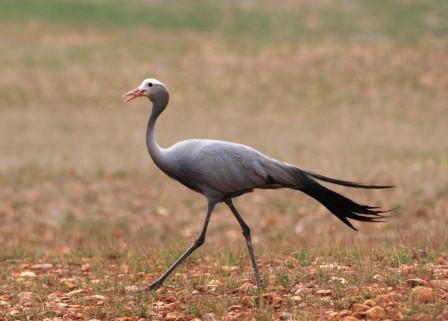|
|
JOIN OUR MAILING LIST |
|
Newsletter / Blog 2012-04-15 The highly destructive maize pest, the Western Corn Rootworm, Diabrotica virgifera virgifera, accidentally in introduced to Europe. On explicit request of the main farmers unions, the department taking care of health and consumers issues within the European Commission (DG SANCO), has proposed to dismantle a European bio- safety regime by removing the obligation on countries to contain the spread of a highly destructive maize pest, the Western corn rootworm, Diabrotica virgifera virgifera. The Western corn rootworm (WCR), a pest of maize accidentally introduced into Europe is currently spreading across the continent, damaging maize roots and leading to significant yield losses. Since 2003 the EU has had in place a plant health protection system that requires Member States and farmers to control the pest. However, on request of the dominant farmers unions, maize growers associations and certain Member States’ governments,DG SANCO has just proposed the dismantling of this system, allowing Member States to deal with the problem as they see fit. The removal of this obligation is likely to result, on the one hand in an even faster spread of the pest, and on the other hand in a massive increase in pesticides use by farmers who will try to control the pest. As far as European environmental NGOs are concerned it is cynical for certain farmers unions to promote the spread of a pest, in the interests of the pesticide industry, rather than defend the long term interest of the farmers they are supposed to represent. The good news is that an environmentally sound solution is readily available: crop rotation can easily contain the pest problem while avoiding pesticide abuse. This has been shown on the ground in Places such as Swizerland or the Italian region of Emilia Romagna. Maize covers about 14 million hectares in the EU and around 22% of its cultivation is in monoculture (without crop rotation). However, the simple agricultural practice of crop rotation can easily bring the pest under control, while chemical control would result in huge biodiversity damages. BirdLife Europe strongly believes that maintaining the obligation on Member States to take appropriate action wherever the pest is present or likely to be spreading is necessary for our health and long term food security. A solution to the Diabrotica problem requires a combination of several measures: the mandatory introduction of crop rotation in the Common Agricultural Policy; the move toward Integrated Pest Management through the sustainable Use of Pesticide Directive and more research and uptake of biological control through the newly proposed European Innovation Partnership. Such a strategy will help prevent widespread damage and move us towards a more sustainable and resilient farming system. For more information, please contact Trees Robjins, EU Agriculture and Bioenergy Policy Officer at BirdLife Europe.
|
| Back | Back to top |
 |  | Cape Town Tourism  |
|||||||||||||

